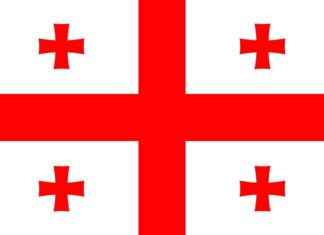The Aragonese Luz Gabás (Monzón, 1968) won the Planeta novel award last night with Far from Louisiana, a novel set in that area of ??the current United States at the end of the 18th century, when it went from being French to Spanish territory. A passionate love story between Suzette, a French Creole, and the son of the chief of a tribe forms the backbone of a plot that reflects the historical turbulence, the capacity for resistance of the human being and the enormous crossroads of cultures that took place at that time. Gabás has attended the media this morning in a hotel in Barcelona and has given some clues about a novel that will be published on November 4.
For Gabás, it is, in essence, “a great love story, for the land but also of carnal love between a man and a woman. There is not only one love story, but several appear. The same protagonist will live several sentimental stages, a Spaniard will also appear there”.
The work is told by an omniscient narrator who changes perspective jumping from one character to another in what the author calls a “choral novel” although with the two lovers as the axis. The narration is chronological and the book is structured in four parts, the same as the Mississippi River: upper course, middle course, lower course and sea. As chronological references for moviegoers, Gabás points out that everything happens between The Last of the Mohicans and John Wayne’s films, in “the enormous territory that Spain had in the heart of North America in the 18th century.”
Gabás defines it as “a story of unbreakable love, friendship, loyalty, suffering and hope and about the strength to go forward in times of uncertainty, illness and war”, addressing a subject that “obsesses me, such as the tension between passion and reason, we see a rational world that is coming to an end, that of the Enlightenment, and the advent of nineteenth-century romanticism”.
Among the real historical figures that appear in the novel, the governor of Louisiana, Bernardo de Gálvez (1746-1786), from Malaga, stands out. After participating in the invasion of Portugal and fighting against the Apaches, he was crucial in the war of independence. from the United States, where he fought alongside the French helping to expel the British.








